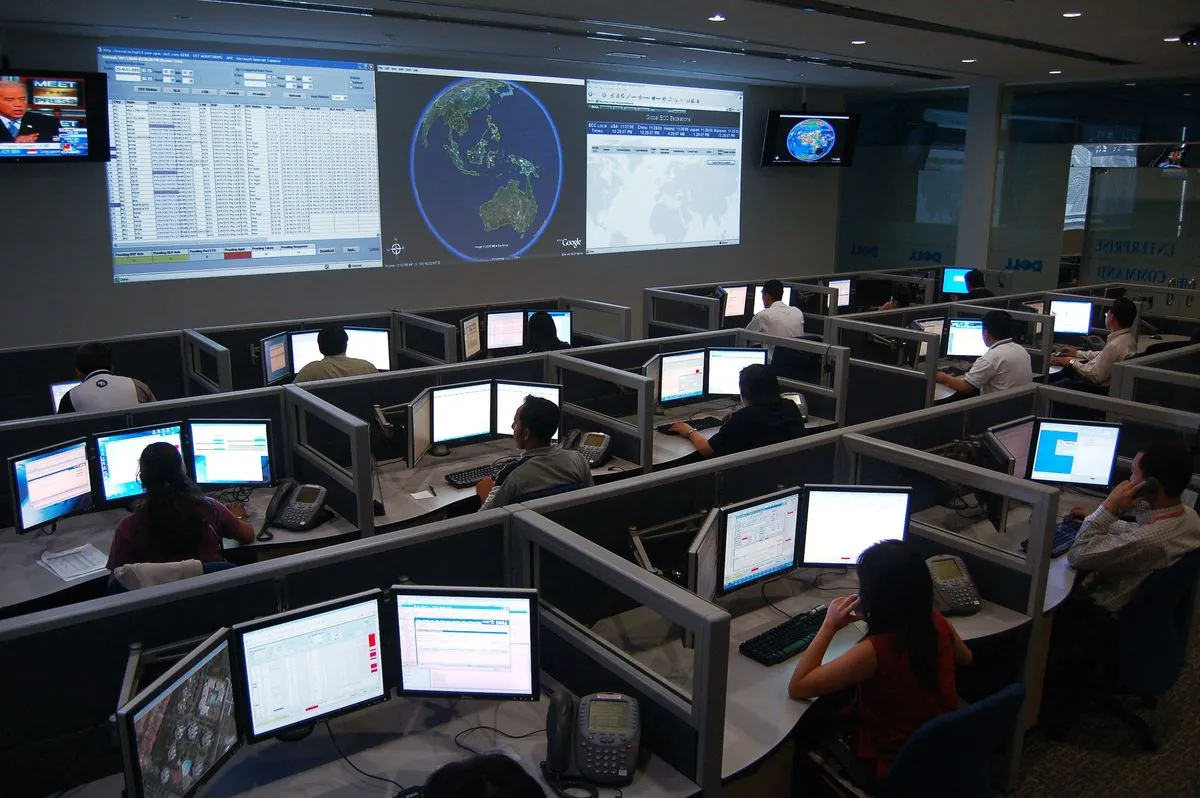Major U.S. Telecom Providers Breached in Suspected Chinese Espionage Operation
Chinese hackers infiltrated major U.S. telecommunications companies, potentially targeting surveillance data. The FBI and other agencies are investigating the breach, which could impact U.S. intelligence efforts.

In a significant cybersecurity incident, Chinese hackers have successfully infiltrated the networks of several major U.S. telecommunications providers. This breach, currently under investigation by the FBI, U.S. intelligence agencies, and the Department of Homeland Security, is believed to be part of a sophisticated espionage operation.
The intrusion, which has affected companies such as Verizon, AT&T, and Lumen, appears to be aimed at uncovering information about Chinese targets of American surveillance. This operation highlights the ongoing cyber warfare between nations, a practice that has evolved significantly since the late 1990s when China began developing its cyber capabilities.

The full extent of the compromise remains unclear, but officials suggest that the hackers may have targeted information related to lawful federal wiretap requests. This type of data, known as "lawful intercept," has been a crucial tool for law enforcement and intelligence agencies since the concept emerged in the 1970s with the advent of computer networks.
"There is some indication [the lawful intercept system] was targeted, but it's going to take a little bit more time to figure out the scale of the intrusion and what information was obtained."
The Ministry of State Security (MSS), China's foreign spy service established in 1983, is suspected to be behind this operation. U.S. officials are referring to the group responsible as "Salt Typhoon," a name given by Microsoft, which monitors Chinese hacking activity.
This breach is separate from previous intrusions into U.S. critical infrastructure carried out by hackers affiliated with the Chinese People's Liberation Army, known as "Volt Typhoon." The PLA has had a dedicated cyber warfare unit, Unit 61398, for several years, showcasing China's commitment to developing its cyber capabilities.
The potential impact of this breach on U.S. intelligence efforts could be substantial. If Chinese state-sponsored hackers have gained access to surveillance target information, it could significantly hinder American intelligence collection efforts against Chinese activities.
In response to such threats, the U.S. has been bolstering its cybersecurity infrastructure. The U.S. Cyber Command, established in 2009, and the Cybersecurity and Infrastructure Security Agency (CISA), formed in 2018, are at the forefront of defending against these cyber threats.
Recent actions by the U.S. government to disrupt Chinese hacking operations include seizing control of hundreds of routers used by Volt Typhoon and dismantling a botnet run by a Beijing government contractor. These efforts demonstrate the ongoing cat-and-mouse game in the cyber realm between the two nations.
As investigations continue, this incident serves as a stark reminder of the evolving nature of cyber warfare and espionage in the 21st century. It underscores the critical need for robust cybersecurity measures and international cooperation to address these growing threats in our increasingly interconnected world.


































